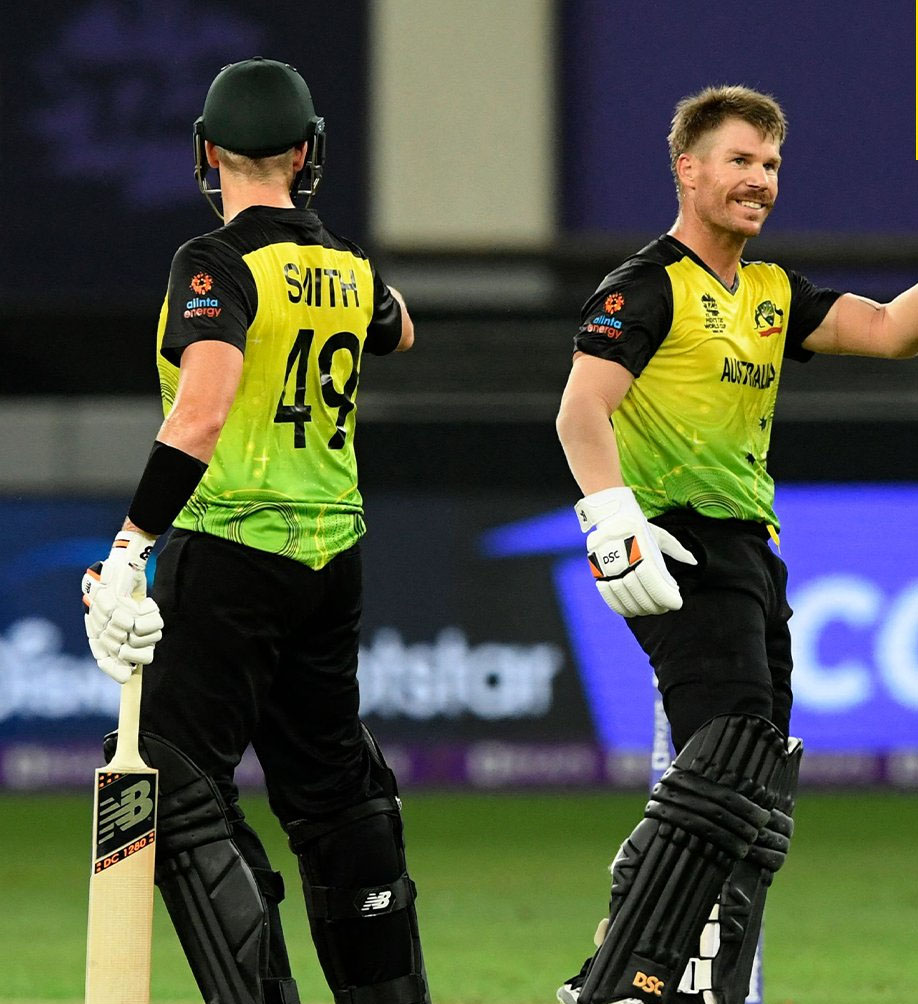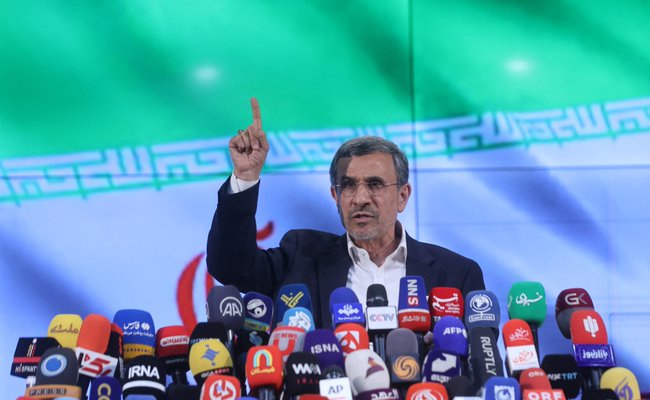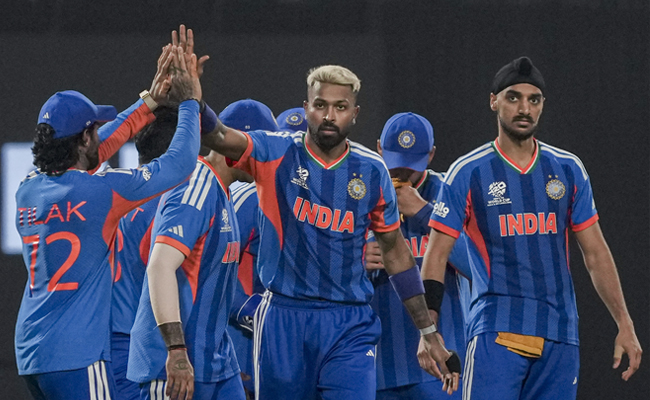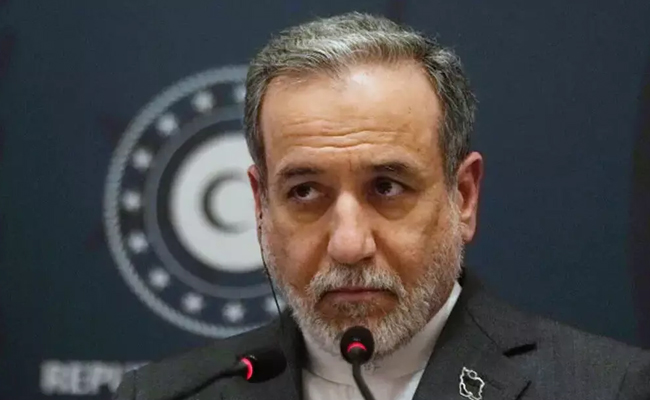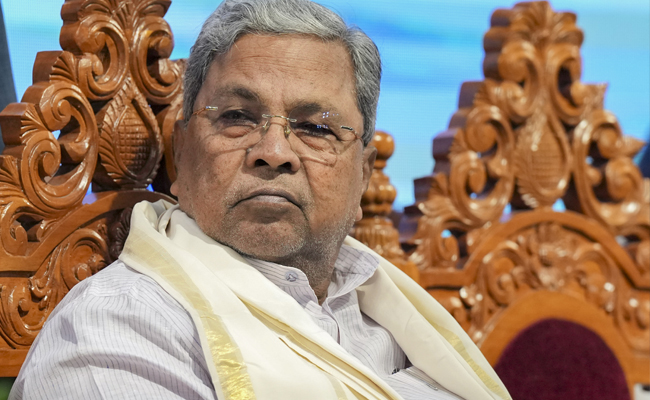Dubai, Oct 28: Vintage David Warner answered his critics with a sizzling 42-ball-65 as Australia cruised to a seven-wicket victory over Sri Lanka in a Super 12 game of the ICC T20 World Cup here on Thursday.
Warner, who has gone through a lean patch, was back in his element as his 10 fours made it easy for Australia to chase down the target of 155 in only 17 overs.
It was Australia's second win in as many Super 12 games and they look like a strong contender apart from England in the group to move into the semifinals.
Warner was involved in two solid partnerships, -- 70 in 6.5 overs with skipper Finch (37 off 23 balls) and another 50 in 6.3 overs with former skipper Steve Smith (28 not out off 26 balls).
In the end, the chase seemed like a walk in the park for the Aussies, who were better in all departments of the game against Sri Lanka who lost their way between 10th and 13th over of their own innings.
However, the day belonged Warner, who was at his best and it only helped him that Sri Lankan bowlers missed the length on most occasions which gave enough time to rock back and play those customary pull-shots -- both off pacers as well as spinners.
Warner, had a terrible last month in the UAE when he had a public fall-out with the Sunrisers Hyderabad management and it went to the extent of one of the modern day great being not allowed to come to the stadium by the franchise management, which had earlier stripped him of captaincy.
It was about time that he answered everyone with a knock that will certainly be a wake-up call for other teams.
But a lot of credit should also go to Mitchell Starc, who bowled the "ball of the tournament" as Australia engineered a mid-innings collapse which went a long way in restricting the islanders to 154 for 6.
Starc (2/27 in 4 overs) bowled a brilliant comeback delivery in the form of a vicious inswinging yorker after being hit for a six which saw the end of Kusal Perera (35 off 25 balls) as Sri Lanka lost four quick wickets for 16 runs to slump to 94 for 5 from a relatively strong 78 for 1 in little under three overs.
Bhanuka Rakaspakse (33 not out off 26 balls), then launched into Australian attack's weak-link Marcus Stoinis (0/35 in 3 overs) to get Sri Lanka somewhat back on track which looked improbable after Starc's second spell.
However, Perera and last match's hero Charith Asalanka (35 off 27 balls) added 63 runs in little over seven overs to set up the platform.
Asalanka was the first to get off the blocks when he slog-swept Glenn Maxwell over deep mid-wicket for a six and also swept behind square for a boundary. He then got another four off Josh Hazlewood's bowling before Perera also joined the fun.
He smacked Starc for a six over long-on in his signature typical 'Sanath Jayasuriya style' but the left-arm speedster then bowled one that jagged back late and landed in the blockhole at a good pace. Perera couldn't even bring his bat down before it disturbed the stumps.
Before that, Asalanka had been dismissed by leg-spinner Adam Zampa, who easily was the most influential bowler on a good batting track with astounding figures of 2/12 in 4 overs. He bowled as many as 12 dot balls.
It was because of Zampa that Sri Lanka despite some great shots in between didn't get the requisite momentum during the those middle overs.
Add to it he and Starc shared the spoils to make it difficult for opposition batters. It was Rajapakse's four boundaries and a six that lent muscle to their score in the end.
Let the Truth be known. If you read VB and like VB, please be a VB Supporter and Help us deliver the Truth to one and all.
Tehran: Iran’s ILNA News Agency has reported that former president Mahmoud Ahmadinejad was killed during the ongoing US and Israeli attacks.
According to ILNA, Ahmadinejad was killed following strikes in Tehran’s Narmak district, including an attack on his residence. The report said he died along with his bodyguards.
News of the deaths of three of Ahmadinejad’s bodyguards was released on February 28, coinciding with the first day of the US and Israeli attacks on Iran.
ALSO READ: Iran's foreign minister says new supreme leader will be chosen in 'one or two days'
Ahmadinejad served as Iran’s president from 2005 to 2013. He was widely known internationally for his hardline rhetoric against Israel and for accelerating Iran’s nuclear programme during his tenure. At home, his disputed re-election in 2009 led to the “Green Movement” protests across the country.
In recent years, Ahmadinejad had positioned himself as a populist critic of the current ruling establishment, though he continued to serve as a member of the Expediency Discernment Council, the body currently involved in helping shape temporary leadership arrangements.

